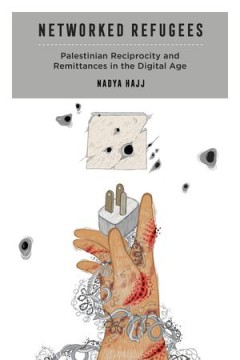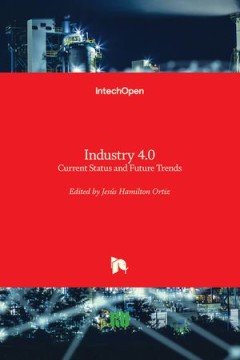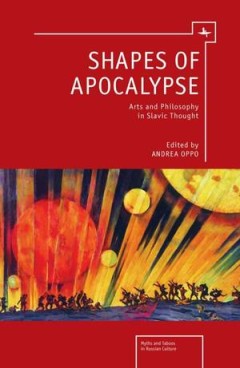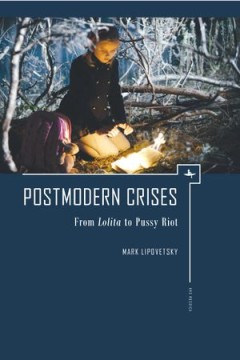Filter by

Reading in Russia
Reader, where are you?”, wondered, in the mid-1880s, Mikhail Saltykov-Shchedrin, one of the Russian writers that paid the most attention to the readership of his time. Saltykov-Shchedrin’s call did not go unanswered.
- Edition
- -
- ISBN/ISSN
- 9788867052479
- Collation
- -
- Series Title
- -
- Call Number
- -

Prosaics and Other Provocations: Empathy, Open Time, and the Novel
Gary Saul Morson's ideas about life and literature have long inspired, annoyed, and provoked specialists and general readers. His work on prosaics (his coinage) argues that life's defining events are not grand but ordinary, and that the world's fundamental state is mess. Viewing time as a field of possibilities, he maintains that contingency and freedom are real. To represent open time, some ma…
- Edition
- -
- ISBN/ISSN
- 9781618111616
- Collation
- -
- Series Title
- -
- Call Number
- -

Shapes of Apocalypse: Arts and Philosophy in Slavic Thought
This collective volume aims to highlight the philosophical and literary idea of apocalypse, within some key examples in the Slavic world during the nineteenth and twentieth century. From Russian realism to avant-garde painting, from the classic fiction of the nineteenth century to twentieth century philosophy, not omitting theatre, cinema or music, there is a specific examination of the concept…
- Edition
- -
- ISBN/ISSN
- 9781618116956
- Collation
- -
- Series Title
- -
- Call Number
- 701 OPP s

Postmodern Crises: From Lolita to Pussy Riot
Postmodern Crises collects previously published and yet unpublished Mark Lipovetsky’s articles on Russian literature and film. Written in different years, they focus on cultural and aesthetic crises that, taken together, constitute the postmodern condition of Russian culture. The reader will find here articles about classic subversive texts (such as Nabokov’s Lolita), performances (Pussy Ri…
- Edition
- -
- ISBN/ISSN
- 9781618115591
- Collation
- -
- Series Title
- -
- Call Number
- 700 LIP p
 Computer Science, Information & General Works
Computer Science, Information & General Works  Philosophy & Psychology
Philosophy & Psychology  Religion
Religion  Social Sciences
Social Sciences  Language
Language  Pure Science
Pure Science  Applied Sciences
Applied Sciences  Art & Recreation
Art & Recreation  Literature
Literature  History & Geography
History & Geography